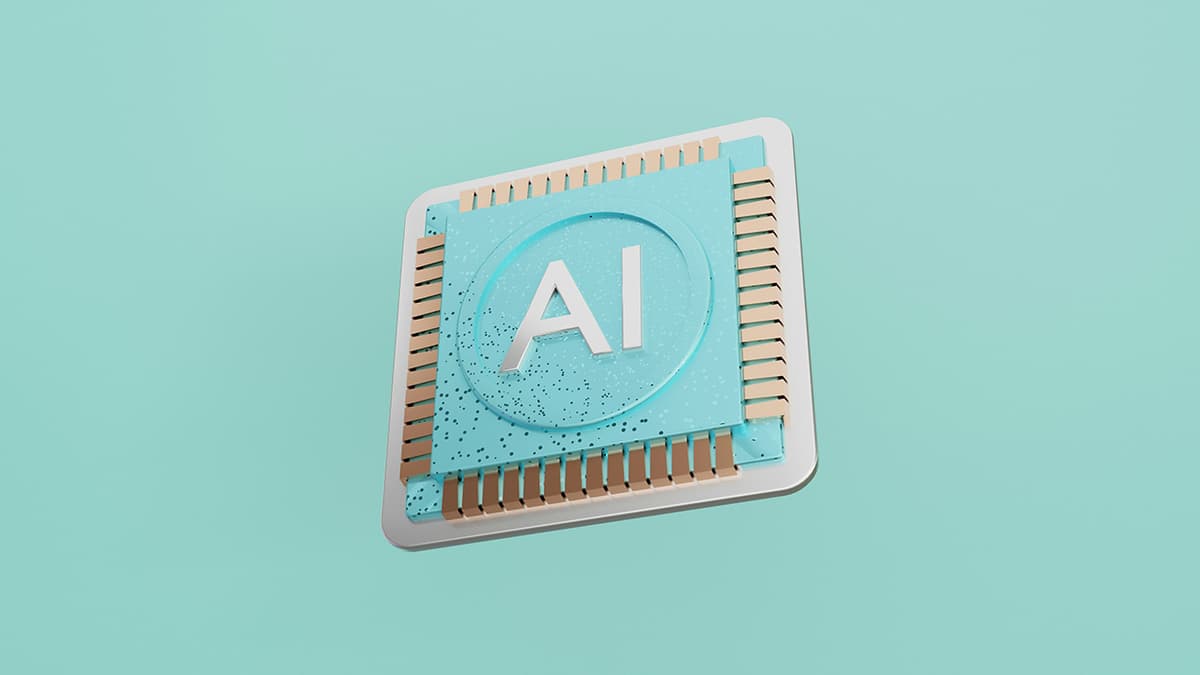Unraveling the Mystery of SDKs
Software Development Kits, commonly known as SDKs, are essential tools for creating the apps and programs we use daily. Have you ever wondered how all these applications are made? The answer lies in SDKs.
Think of an SDK as a toolkit for developers. It includes tools, libraries, documentation, code samples, and guides that are crucial for app development. Each SDK serves as a guide to help create software efficiently.
Your Digital Spellbook
What is an SDK? It's specifically designed for the platform you're developing for. If you're building an app for an iPhone, you'd use the iOS SDK. If it's for Windows, you'd opt for the Windows SDK. Each SDK is equipped with tools created by developers to cater to different software needs.
The libraries within an SDK contain pre-written code. These collections save developers time by offering functions for various tasks, such as processing payments or managing user inputs. This prevents the need to write the same code repeatedly.
The documentation in an SDK serves to guide developers. It details how to use the libraries effectively, similar to a recipe outlining the steps to bring an app to life.
The Cogs in the Machine
How do these tools come together in software creation? When developers choose an SDK that matches their target platform and functionality, they gain access to tools for designing, developing, and testing their app.
The primary benefit of using an SDK lies in its ability to significantly reduce development time. Developers can focus on customizing unique features since the SDK provides many built-in elements.
The Giants Behind the Curtain
Key tech giants play a crucial role in providing SDKs. Companies like Apple, Google, and Microsoft offer their own SDKs. These kits ensure developers have the necessary tools to create apps for their platforms.
For instance, Apple's iOS SDK includes the Xcode IDE (Integrated Development Environment), where app development occurs, along with the Swift programming language for coding.
Magnifying the Power of SDKs
SDKs not only aid developers but also enhance app performance within their respective ecosystems. Regular updates to SDKs introduce new features and improve security, allowing developers to offer users a better experience.
For startups and businesses, an SDK can facilitate rapid product development. A robust SDK can enable a small team to achieve what might have needed a larger crew.
The Careful Dance
While SDKs are useful, developers must use them judiciously. SDKs can impose limitations, influence app architecture, or include legal terms affecting app distribution or monetization. Understanding how to leverage these tools properly is critical.
SDKs lower the barrier to software creation by providing building blocks. Today's developers can create experiences more easily than ever, thanks to SDKs. Next time you use an app, remember the SDKs and the developers behind them who turned ideas into reality.












